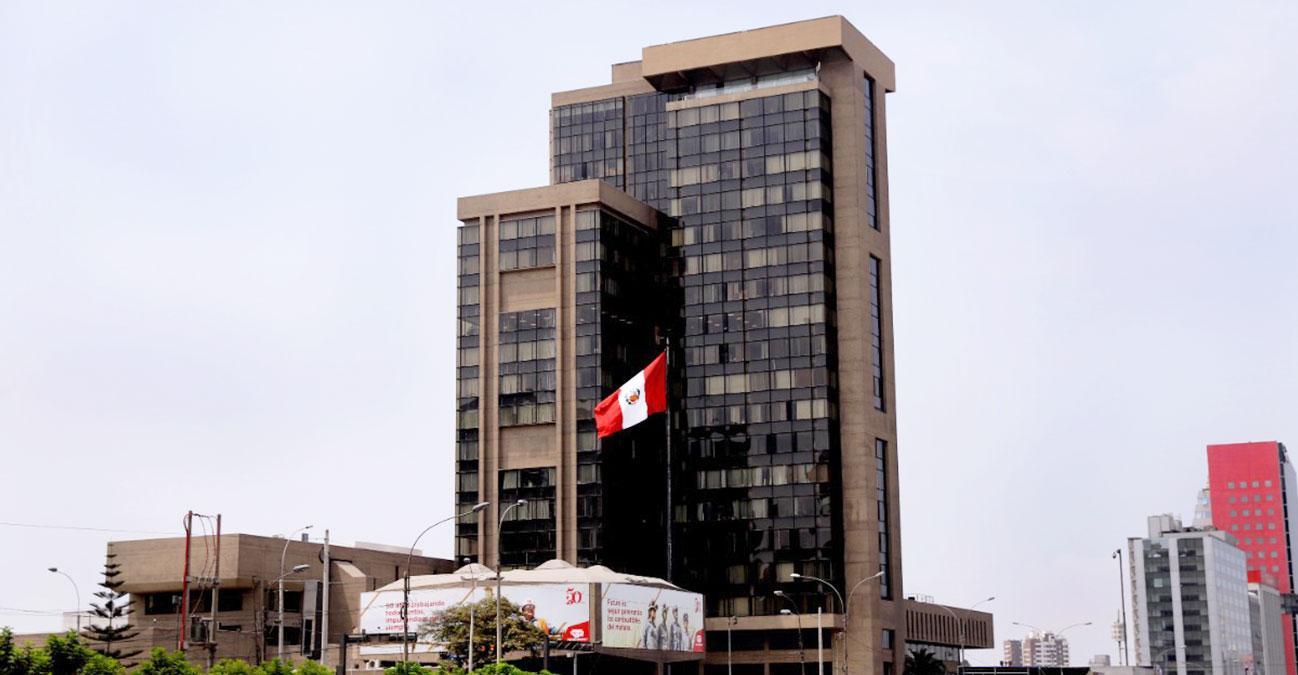PETROPERU sets the record straight on article by Diario Expreso

Mr.
Antonio Ramírez Pando
Director Diario Expreso
Calle Luis Carranza 2280, Lima 1
Present.-
Of my consideration:
I am pleased to greet you and at the same time request the rectification and clarification of some inaccurate information published in the February 6, 7 and 8 editions of the newspaper that you direct, which I will now specify.
In the article by Mr. Plinio Esquinarila, it is stated that the cost of the new Talara Refinery is US $ 6.4 billion and that it would even be raised by an additional US $ 400 million due to alleged “penalties” and delays. This statement is not correct. The cost of the new refinery is US $ 4,999.8 million, including all the additional costs agreed with the main contractors, Técnicas Reunidas and Consorcio Cobra SCL and those derived from the stoppage of the project due to the effects of COVID-19 in 2020.
On other occasions, your newspaper has mentioned different costs and, in fact, in these three days you have provided three different amounts: US $ 7,000 million, US $ 6,500 million and US $ 6,400 million. All wrong. Perhaps because at no time did they consult us on this matter, despite the fact that in previous letters of rectification we have invited them to do so for the benefit of their readers; invitation that we reiterate.
In the same article it is argued that this (erroneous) amount of the cost of the refinery "sooner or later, [it] will have to be paid by the State." This statement is not correct either, the project is profitable and will be paid for with Company funds. The new refinery has advanced technology thanks to which the refining margin will rise. In addition, it will process 95 thousand barrels a day (unlike the previous plant, which processed 65 thousand barrels a day); that is, it will increase its capacity by 45%. More and better fuels will considerably increase the income of the new refinery complex, make it profitable and thus allow the payment of its financing.
The article concludes by stating that "the Talara Refinery sets the price of fuels." That's not true. Fuel prices in Peru are determined by supply and demand, taking the Gulf Coast in the United States as the reference market. These prices reflect the opportunity cost of those fuels placed in Callao. Consequently, neither Talara nor PETROPERU set fuel prices, even less if these are established by a series of additional factors over which the Company has no control (such as costs of distributors, carriers, service stations, taxes of law).
The article by Mr. García Miró Elguera maintains that there is a duopoly that in reality would be a fuel monopoly in the country since one of its members “just needs to raise their prices a couple of cents below [sic] those of PETROPERU to avoid being penalized for monopoly. Although in practice it is what we have”. This is not true either. There are currently large importers of fuels in the national market. One of them is a branch of the world's leading oil company (Chevron) and another of the world's leading refiner (Valero), among others. They are new competitors with great resources and their investment volume is considerable, while those who already were have strongly intensified the competition.
In this context, PETROPERU is developing commercial strategies, including new products and services to maintain and expand its market share; Hence, our prices are, in general, more competitive and we maintain our leadership in the market.
Likewise, on the cover of its February 6 issue, it is stated that "we are modernizing a refinery that will be useless since we do not have oil" and that "it is a useless expense." In this regard, let me point out that even if national production were insufficient, refining is a business in itself and there are many countries that do not have oil and have refineries. I also specify that the new refinery is not an expense but an investment and, due to its location and new technology, will have a strategic role for the development of the hydrocarbon industry and the promotion of oil investment in the jungle and north coast of the country.
In that same edition, an article appears where an exercise is carried out according to which, with the supposed cost of the new refinery, 114 hospitals like the one in Moquegua could be built. As you surely know, PETROPERU does not depend on the State, nor on the public budget, nor on taxpayers. It is a private company that generates its own resources, from its investments and projects, and pays its taxes. In 2019, the Company contributed US $ 1,450 million to the public treasury and, as one of the country's main contributors, in the last 15 years PETROPERÚ has contributed more than US $ 20 billion to the national treasury.
Notwithstanding the foregoing, and as part of its social management policy, PETROPERU has built, equipped and donated a modern Modular Hospital in Talara; as well as it has delivered thousands of COVID-19 detection tests, biosafety and protection equipment to health personnel and we assume their food. Likewise, we are soon delivering an oxygen plant in Saramiriza, in the center of the Loreto Forest, to serve the communities adjacent to the North Peruvian Pipeline. Likewise, it has distributed one hundred tons of non-perishable food to vulnerable sectors in its areas of influence. To date, the Company has invested more than 10 million soles for the benefit of the populations and communities neighboring its operations, as part of the fight against the pandemic.
I hope you understand that given the amount of inaccurate information on PETROPERÚ's issues, we are obliged to extend this letter of correction, which we request to be published in the same dimensions and space as the cited articles within 48 hours. This is because they affect the reputation of the Company with inaccurate or erroneous data and facts, as a result of not having consulted our point of view - a basic principle of journalism - for any of these publications. Likewise, it is appropriate to include our information since your readers have the right to know them and you have the obligation to publish them. Otherwise, we will have to take the appropriate legal action.
Without further ado, I bid you farewell,
Carla Santa Cruz
Communications Department Manager

